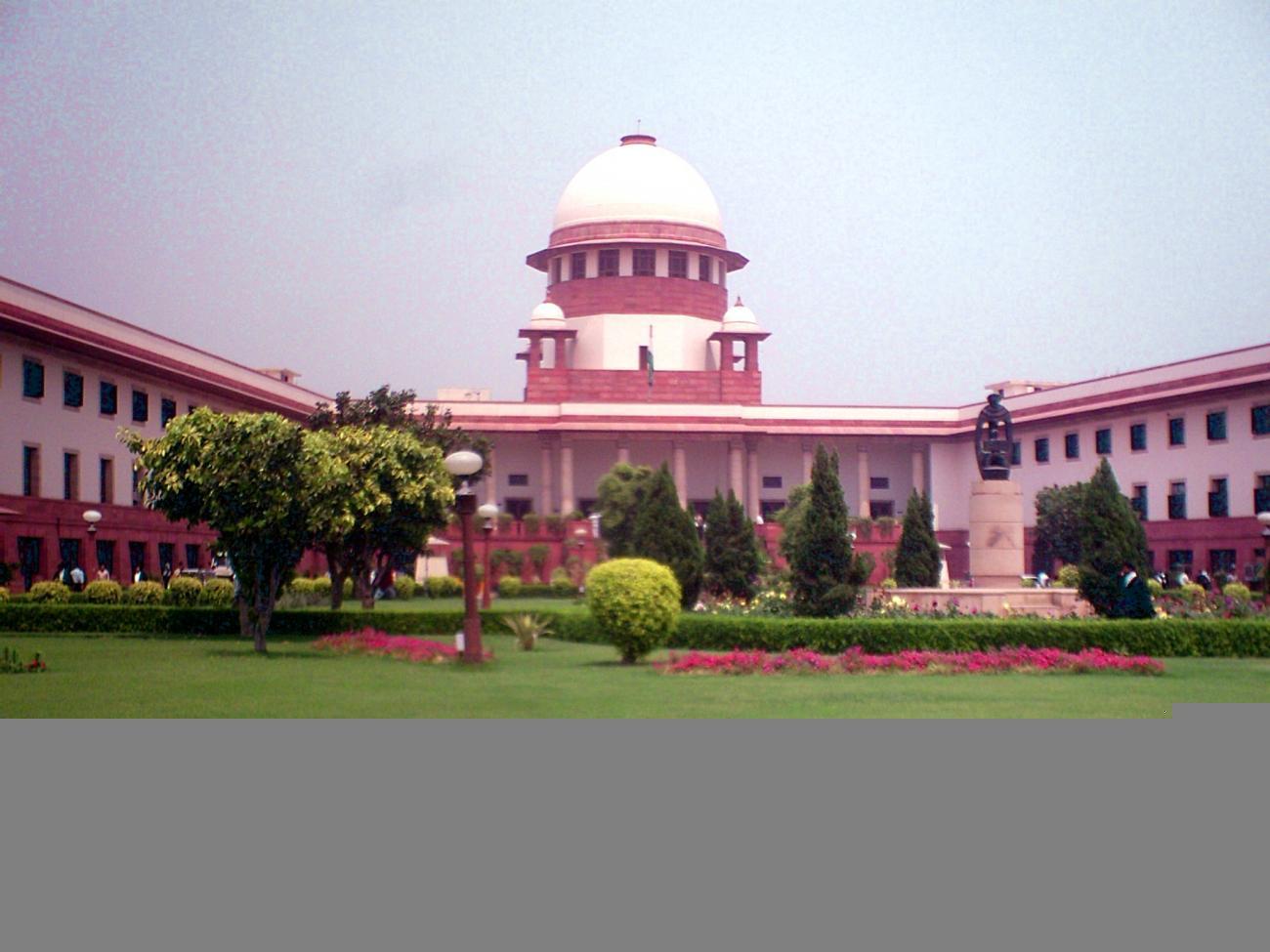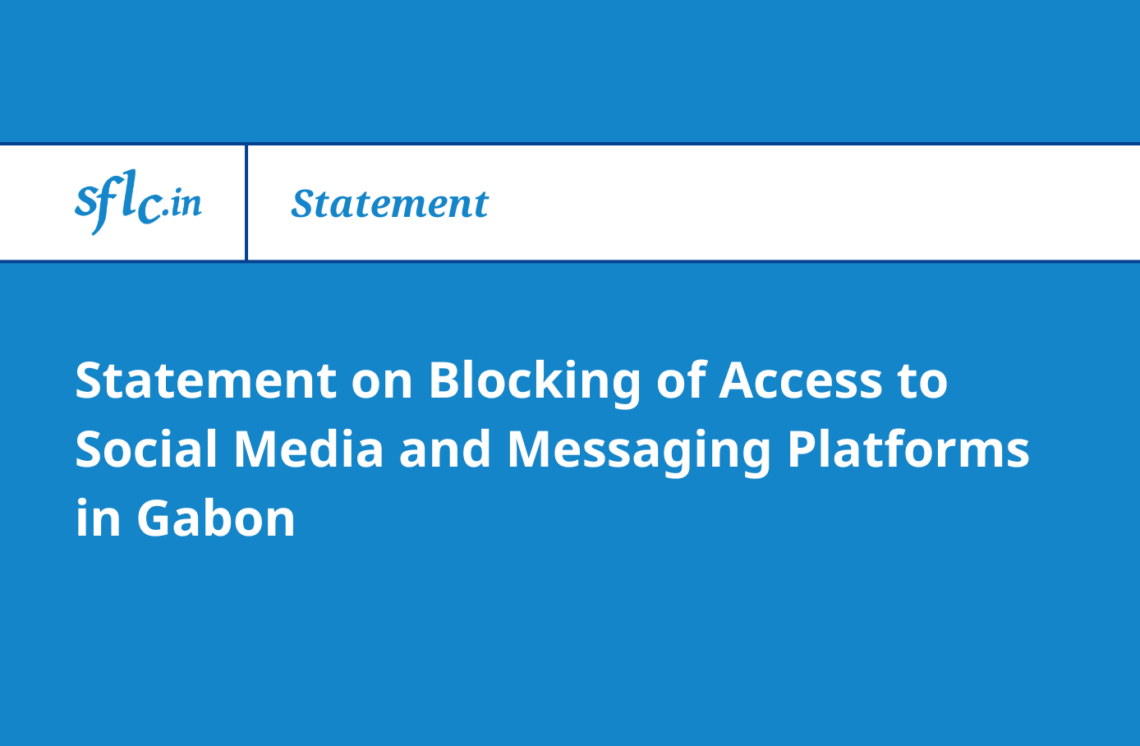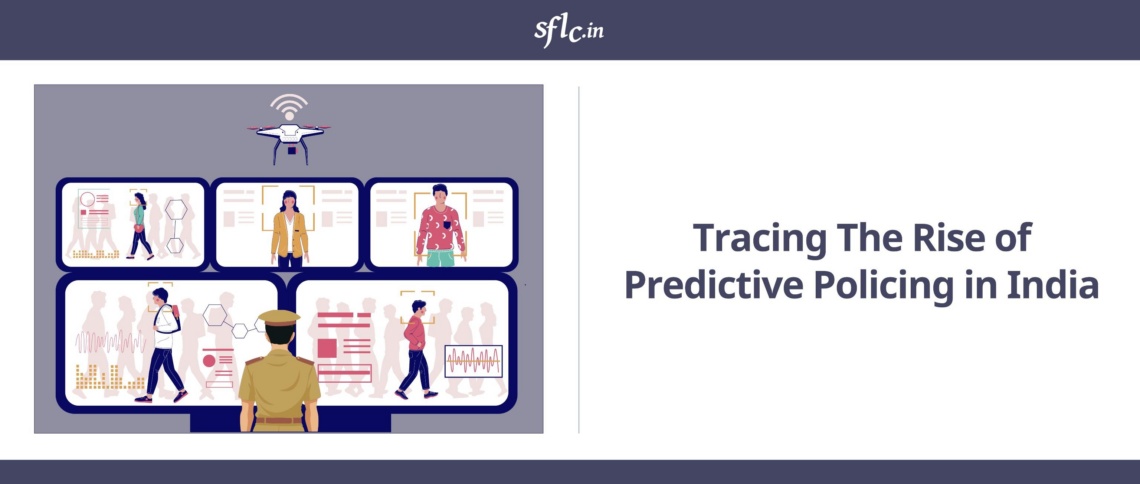On Thursday, May 10, a five-judge Constitution Bench of the Supreme Court of India finished hearing arguments from the batch of 29 petitions (led by K.S. Puttaswamy v. Union of India) that had challenged the constitutional validity of the Aadhaar scheme on various grounds. Most notably, the petitioners had argued that Aadhaar violated the fundamental right to privacy guaranteed under Article 21 of the Constituion of India, caused large scale exclusion of intended beneficiaries from various welfare schemes and benefits, and was irregularly introduced in the Parliament as a money bill to circumvent crucial oppositions. Final hearing of these petitions began on January 17, 2018 and spanned 38 days. Our detailed notes from the hearings that provide an overview of the arguments raised and addressed over the course of the proceedings are available here.
Through its order issued on May 10, the five-judge Bench has reserved judgment on the matter. Indian procedural laws do not prescribe a time limit within which the judgment must be delivered, and the actual time taken varies from case to case. Considering the time sensitive nature of this matter, a judgment is expected sooner rather than later. However, the Supreme Court will be on vacation starting May 21 and will remain closed through all of June, so we do not expect to see the judgment anytime before July 2018.
When issued, the judgment will do one of three things: (1) strike Aadhaar down as unconstitutional, forcing the Government to dismantle the project and roll-back every initiative taken in connection with it; or (2) find Aadhaar constituionally sound, allowing the Government to retain the project in its current form and expand it going forward; or (3) arrive at a middle-ground, where certain aspects of Aadhaar are struck down and others retained – for instance, Aadhaar may be found constitutionally sound overall, but specific aspects like mandatory mobile/bank account linkages may be disallowed.
Regardless of the outcome, K.S. Puttaswamy v. Union of India has been one of the most significant litigations India has seen in recent times, as it tests the world’s largest biometric ID program against fundamental human rights like the right to privacy and more. The Supreme Court’s verdict in this matter will undoubtedly have far reaching implications on how technology is integrated into governance in the years to come, and it will play a big role in shaping India’s nascent privacy and data protection landscape.
We would also like to take this opportunity to express our deepest appreciation for everyone involved in the Aadhaar litigation, whether they were lawyers, litigants, researchers or those making information available to the public by live tweeting or writing about the proceedings. We would like to make special mention of Justice K.S. Puttaswamy, Vickram Krishna, Shantha Sinha, S. G Vombatkere, and Mathew Thomas among others for moving the Courts to adjudicate on various issues surrounding Aadhaar; senior advocates Shyam Divan, Gopal Subramanium, K.V. Vishwanathan, Minakshi Arora, P. Chidambaram, Sajan Poovayya, P.V Surendranath, Kapil Sibal, Sanjay Hegde, Anand Grover, C.U. Singh and Arvind Datar for arguing the matter at the Supreme Court; advocates Gautam Bhatia, Prasanna S, Apar Gupta, and Kritika Bharadwaj among others for assisting the senior counsels and preparing arguments; Prasanna S and Gautam Bhatia for their live reportage of the proceedings; and Usha Ramanathan, Reetika Khera, and Jean Dreze among many others for building a strong discourse around Aadhaar. We are sure we have missed out many names from this list, but we extend our gratitude to everyone who played a part in building and maintianing a national narrative around the concerns with Aadhaar.




